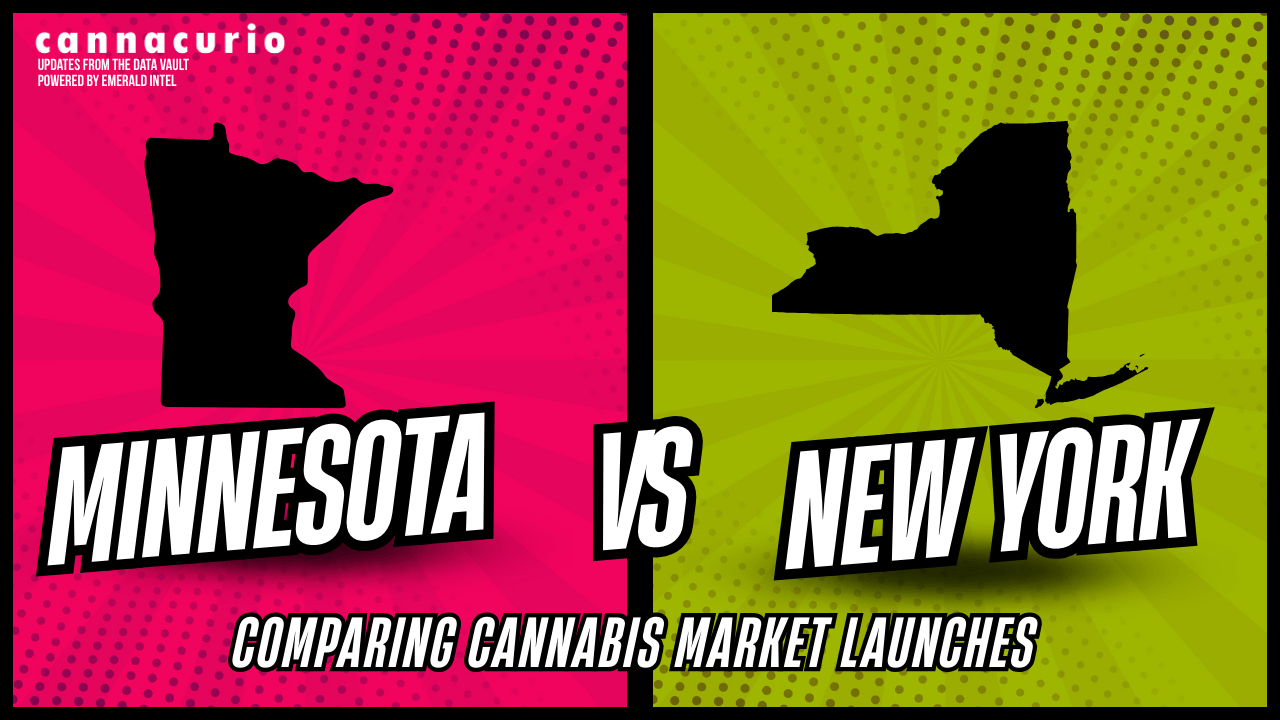
What’s New in Cannabis Manufacturing?
As we move closer to the end of the first quarter of 2019, the cannabis industry continues to evolve. Cannabis manufacturers are growing, and mergers are dominating the news, particularly mergers and strategic acquisitions that enable U.S. cannabis brands to scale at a rapid pace.
Investors in the U.S. and Canada are actively seeking opportunities to get into the industry as are many large companies. Hexo Corp.’s joint venture with Molson Cores Canada to produce CBD-infused beverages, Tilray’s venture with AB InBev’s Labatt Breweries of Canada to research cannabis-infused drinks, and Cronos Group’s investment talks with Altria Group (the company that produces Marlboro cigarettes) are just three examples of big brands dipping their toes into the cannabis industry.
With growth comes change. Here are four key things happening in cannabis manufacturing that are worth watching in 2019:
1. Changing Consumer Preferences and Purchasing Trends
Consumers’ preferences for cannabis products are changing and demand is increasing, which will inevitably affect cannabis manufacturing.
For example, according to a report from BDS Analytics and Arcview Market Research released in the fourth quarter of 2018, consumers are shifting their cannabis spending to edibles and concentrates, and “that trend will continue over the next five years, with flower’s share of total spending dropping from 50% in 2017 to just 36% in 2022. Edibles will grow from 12% to 14% in that time frame, and concentrates is expected to swell from 23% to 36%.”
2. New Packaging and Labeling Rules
Manufacturing rules for edibles and infused products are changing in many states. For example, starting this year, all cannabis products in Colorado are required to use a universal THC packaging symbol.
Also, Washington’s Liquor and Cannabis Board approved new packaging, label, and product design rules for edible products in December that specify approved shapes and colors for the products as well as approved fonts, colors, and clear windows for labels and packaging. In addition, the rules include guidelines related to logos and product photos as well as guidelines for using a required symbol on all cannabis product packaging. Manufacturers of concentrates and infused products were given until January 1, 2020 to bring all packaging, labels, and product designs into compliance with the new rules.
3. Evolving Edibles and Infused Products Rules
It’s not just packaging and labeling rules that seem to change often. There are actually a variety rules related to edibles and infused products that are moving targets.
For example, California’s cannabis regulators tried to clarify rules related to THC limits in edibles last month. Conflicting rules from two different regulators (the California Department of Public Health and the Bureau of Cannabis Control) led to confusion and misinterpretation of test results requirements. This led labs to fail many products that should have passed testing. Failed testing leads to lost revenue across the supply chain, so you can imagine how evolving rules can affect the industry in the short-term.
4. New Celebrities Enter the Cannabis Industry
As the cannabis industry grows and becomes even more legitimate in people’s minds, big companies and big celebrity brands are finding ways to invest and cash in. Last month, NFL legend Joe Montana invested in Caliva as part of a larger $75 million funding round. The company plans to use the money to expand its portfolio of products, its branded retail stores, and its wholesale distribution network.
In February of this year, Martha Stewart had entered into an agreement with Canopy Growth Corp. to develop a new line of cannabis products for humans and animals. The company also plans to build a $150 million hemp facility in New York. This facility will be the company’s first in the U.S., and it expects to expand into other states in the future. With Martha Stewart’s name attached to its products, the company gains instant brand recognition among a large audience of loyal followers.
5. Counterfeiting Becomes More Common
Counterfeiting is a growing problem in the cannabis industry. So far, paraphernalia (like vaporizer cartridges by companies like Heavy Hitters and CannaCraft) has been a target for counterfeiters. As cannabis brands become more recognizable and more states legalize adult-use marijuana, counterfeiting will become an even bigger problem, and the problem won’t be isolated to paraphernalia. All cannabis brands and products are at risk.
Many counterfeit products come from Chinese manufacturers selling products using the same or very similar names and packaging to well-known brands but at a lower quality and cheaper price. MJBizDaily reports that these products can easily be found for sale on websites like Ali Baba.
As the problem grows, one of the biggest challenges cannabis brands and manufacturers will face is protecting their intellectual property since cannabis is still illegal at the federal level.
Key Takeaways about Cannabis Manufacturing in 2019
Cannabis is a maturing market in many states, but it’s still changing, which makes it unique. There are many new opportunities for growth, but with growth and brand expansion come threats, including those from counterfeiters. You can expect these challenges to continue, but that won’t stop big companies and big name celebrities from entering the market.
It’s a challenging but exciting time to be in cannabis manufacturing.
Need more insights?



.png)